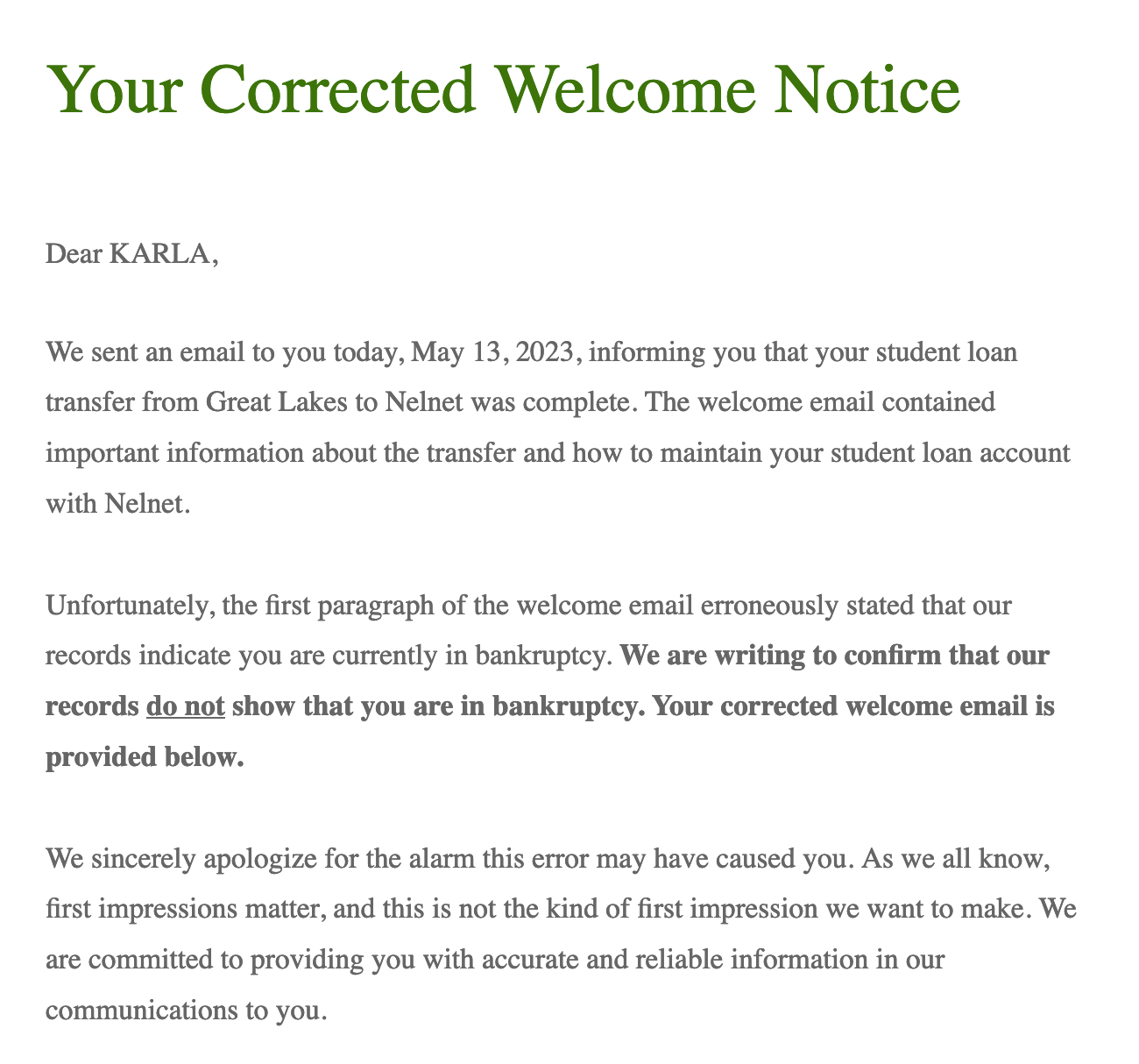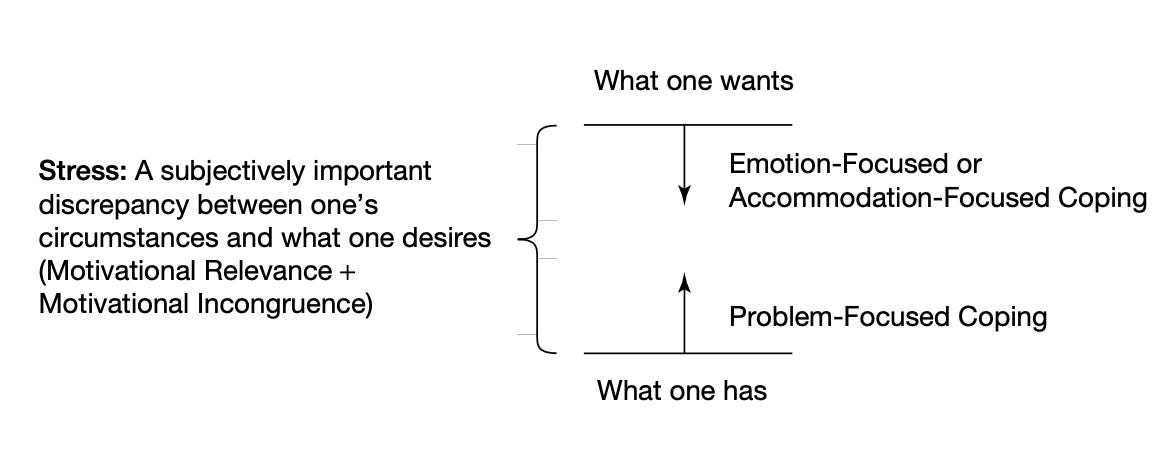Welcome to Peak Complexity: Why Modern Life is So Exhausting
It's not just you, life is uniquely designed to be tiring AF
Two years ago, my email address was sold to what my brilliant web guy said was likely a spam farm; I’ve since been receiving 50 emails a day, many of which still make it past my spam filter. Today, I got a notice for a limited-offer sale at a pet supply store in Wellington, New Zealand. Despite unsubscribing and filtering and clicking “this is spam!” as much as possible, my email is still out of control: crap comes through and valuable stuff goes to spam. (Same deal with my newer work email address btw.)
A few months ago, some unscrupulous entity gained access to my checking account and, over the course of a few months, spent $10,000 of my money (thanks to the nonexistent security practices at Advantis Credit Union, my now-former bank)1. These months of financial frustration—which included someone successfully using a fraudulent check with my new account number, just two days after I received this new account number, without ever having checks printed—meant that I had to change the payment information for all of my billing accounts online twice in a short span of time. My dentist The chain of dental practices associated with Kaiser did not like this. Having missed two payments in a row, the dental office stated that continuing service would require me to go to Kaiser billing, get a form signed, and have it faxed to their main office within a few days.
Faxed. I’m now dealing with what’s probably an overdue root canal. FUN.
Someone hacked into my Twitter account earlier this year and changed the email address associated with the account. Twitter support apparently just doesn’t exist anymore.
Last week, I got an email from Nelnet that made me confusingly reach for the margarita mix. Later, I got this:
Why is it easy to feel ugly? We weren’t meant to see so many beautiful faces. Why is it easy to feel overwhelmed by social stimulation? We weren’t meant to talk to so many people.
Why is it easy to feel exhausted all the time? We weren’t meant to deal with so many rigid and complex systems on a regular basis.
Two weeks ago, I got a new laptop to replace the 5-year-old lion that decided to die the night before I gave a presentation. The initial joys of the speed and storage space were quickly erased by the still-ensuing fiasco between Dropbox and iCloud.
Because real life is messy and tiring AF, and does not exist in the tiny tasks that take place in psychology labs, or the lives of 20-year-old psychology students without dependents or mortgages, or the lives of robotic researchers stuck in linear thinking who devise simple answers designed to sell lots of books.
Real life exists in an environment that requires us to zoom all the way out—into faxing-the-dentist-because-of-bad-bank-security territory—and reveals a world that requires jumping through an infinite set of moving hoops, just to tread water. Anne Helen Petersen called this fatigue the plight of the Burnout Generation, viewing it largely through the lens of capitalism and the relentlessness of work. In my view, there’s a larger point to be made that’s generation-agnostic. What’s messy and tiring and exhausting isn’t just work, it’s home life, paying bills and getting groceries. It’s property taxes and HOA fees and remembering that your kid’s friend has a nut allergy. It’s climate change and getting out the A/C in March, having a trip cancelled because of a hurricane, remembering your reusable bags in the car, paying $5 for celery, forgetting your frequent shopper card, managing parental controls on electronics, and reading conflicting studies about everything you’ve ever eaten.
The Good Place Helps Explain Why Things Are Exhausting
At the end of the series The Good Place, the characters want to know why no one has gotten into The Good Place in years:
Your Honor, I once stood in front of you and said I thought there was something wrong with the point system. I finally know what it is.
Life now is so complicated, it’s impossible for anyone to be good enough for The Good Place… these days, just buying a tomato at the grocery store means that you are unwittingly supporting toxic pesticides, exploiting labor, contributing to global warming.
So here’s my update on The Good Place’s realization:
Modern life is so complicated that it’s impossible for anyone to feel like they have their shit together.
I’m not talking about what makes us moral or ethical people—I’m talking about the quotidian, menial labor required to pass as a semi-functional adult.
Case study: Health care and microstressors of the past 50 years
In January, I fell and injured my knee. After a few weeks of hopping around and praying that it would go away, I finally realized bit the bullet and went to urgent care. Four hours of waiting and an X-ray led to a diagnosis of a meniscus tear. An overworked nurse fit me with a brace that, once home and in non-sweatpants, I realized had been put on upsidedown, making it little more than an ankle accessory. So I drove back, got a new brace. Made an appointment for physical therapy at a Kaiser-approved clinic 25 minutes away. Between copays and PT, the injury cost over $750, countless hours of paperwork, scheduling, and driving. It’s easy to focus on time and money, things that are easily quantifiable—but what about all of the energy spent juggling tasks, completing paperwork, begging for a new brace, dealing with the PT clinic’s login portal to access my exercises?
Meanwhile, in another era, my grandparents had the same doctor for over thirty years. They had Dr. Perna’s cellphone number—not an endless loop of waiting rooms, forms, faxing (!), apps, online portals, member ID numbers, separate billing account logins, and a copay structure as complex as the tax code.
On a purely biological/mechanical level, Kaiser probably gave me more knowledgeable treatment than what Dr. Perna would have provided.
But how much better was my treatment, overall? How many advancements have there been in ligament/tendon rehab in the past few decades, and was the possibility that I got better treatment really worth the money, stress, waiting, driving, schedule shifts, bureaucratic logistics, and countless microstressors that I had to deal with? Was having a physical therapist who had access to more research (who always saw two patients simultaneously, while glued to their laptop to chart every movement) really worth the overall sense that I was merely the owner of an injured knee with shitty insurance, a generalized feeling of being a cog in an inflexible machine?
Complexity creep leads to bloat that no one actually knows how to fix
The frictionless nature of much of life stems from hyperconnectivity—swipe this, subscribe to that, wave my phone in front of the self checkout station, and trade my hard-earned workshop money for a pint of ice cream without touching anything, like a goddamn witch—but any glitch can break the delicate ecosystem.
When my refrigerator glass shelf broke a few years ago, getting the proper replacement would have been over $150; it was old, and I can’t imagine the number of logistical hoops required to get the one piece of glass for this one model that came out 15 years beforehand, assembled in China. What happens when a smart fridge breaks? The systems we’re dealing with have reached peak complexity, a point where no single person actually understands how all of the pieces fit together—let alone understand how to repair things.
And yes, when something broke for my grandparents Jim & Sue, they went to their appliance guy. Their appliance guy.
A phone is no longer something that has a chord and stays in the kitchen. It’s something that requires a marriage of Apple and Verizon, good credit, a case and a charger, a million passwords, storage space, and all the apps.
Income taxes are no longer a 4-page document. Yes, the first federal income tax form was 4 pages long. Anyone earning less than $3,000—that’s $91,000 in 2023 dollars—did not pay any federal income tax. (An income of $3k-$20k [$600k in 2023] was taxed at 1%.) The form was simple. Now, the tax code is thousands of pages, requiring online portals and internet access and professionals, and the payment structure has reversed so that the poor are subsidizing the wealthy. FUN.
Because we feel like we’re barely making it by, like we’re treading water but everyone else is floating along, we buy time management books and hike our wagons to the newest productivity star, not giving ourselves the benefit of the doubt and trusting that we are all just doing the best we can. We are not lazy or doing anything wrong: we are exhausted.
Time management is besides the point
Cal Newport’s essay on “Slow Productivity” touched on the increasing mechanisms and steps behind most white-collar professional environments. Our inability to escape a project with maddeningly complex steps, constraints, and interruptions are what lead to this global, baseline level of cognitive fatigue.
If you don’t know what I’m talking about, then congratulations on having other people do most of your busywork. You are in the minority.
As societal structures become more complex, how can we avoid stress? I keep as flexible a schedule as possible. I try to be honest with others about where I am. I get rid of clutter like my life depends on it. I practice comedy as self-care.
I dream about moving even further into the woods on a regular basis. I long to drop out of society before remembering that I dislike camping for long periods of time.
And so it goes.
I remember that stress is an imbalance between the demands of a situation and the resources we have to deal with them—it doesn’t matter how much time you have if the things and people in your life are constantly making more demands as a side effect of the increased complexity that accompanies “optimizing” and “productivity.”
I remember that trying to CRUSH IT and be more productive is a never-ending battle, an unwinnable war, and so I go easy on myself. I pray to find like-minded people who will pass this along to others.
But mostly, to counteract the rage I feel from the millions of inescapable microstressors that constitute modern life, I try remember:
It’s not just me.
Thanks for reading! If you liked this, forward to someone who’d like it. You can also buy me a coffee, sign up for a Medium account, or subscribe to my newsletter. I’m also on Instagram and LinkedIn. This post may contain affiliate links.
Leave a comment; if you enjoyed it, please spread the word! Or just click the heart button, that’s always very appreciated! Don’t be shy! I value feedback (suggestions, critiques, positive reinforcement, constructive insults, etc.) hello@kstarr.com
At first, I noticed an unexpected dip in my checking account balance; further inspection revealed that $3,500 had been siphoned off to pay off a stranger’s credit card, which is not a thing I enjoy spending money on. Why hadn’t my bank flagged that purchase? And then, a week later, why did my bank process two more fake checks? A few weeks later, I wondered, how did these people end up getting my new bank account number, three days after I received it in person? My January/February Bank Fiasco included: two mandatory downtown trips to the bank; canceling and updating automatic bill pay on all kinds of accounts; filling out paperwork, having it notarized; anger; declined debit purchases; ETC. DO NOT BANK WITH ADVANTIS.







I work for Kaiser now, so I am mired in peak complexity. I enjoyed your column! Keep fighting the good fight!
This is genius! No we humans weren’t made for all this constant communication and tedium! Give me a beach or mountain view and some peace and quiet. Maybe AI will help. Or not….